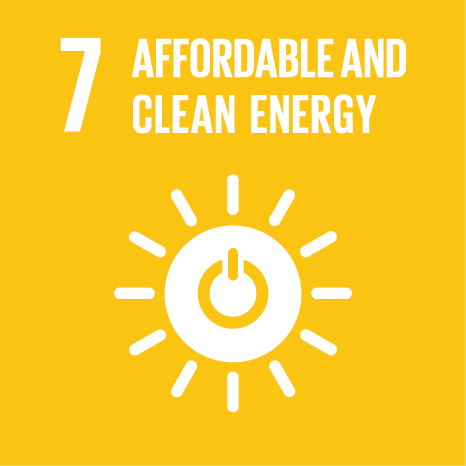Ciência_Iscte
Publications
Publication Detailed Description
Multi-user detection for the downlink of NOMA systems with multi-antenna schemes and power-efficient amplifiers
Journal Title
Physical Communication
Year (definitive publication)
2019
Language
English
Country
Netherlands
More Information
Web of Science®
Scopus
Google Scholar
This publication is not indexed in Overton
Abstract
Non-orthogonal multiple access (NOMA) schemes have been recognized as a promising multiple access method for the fifth generation (5G) communication systems. In NOMA, multiple users can share the same physical channel, which allows for a substantial increase in capacity gains when comparing to conventional orthogonal multiple access (OMA) techniques. This paper considers the downlink transmission of NOMA schemes combined with single-carrier (SC) signals. We present a multi-antenna transmission technique that is compatible with highly efficient power amplifiers without requiring any pre-processing. Furthermore, a multi-user detection scheme based on iterative frequency-domain equalization (FDE) is presented. We show that besides the high power-efficiency of the transmission scheme, the system’s performance can be close to the matched filter bound (MFB).
Acknowledgements
--
Keywords
Efficient power amplification,Iterative frequency-domain detection,Multi-antenna systems,NOMA,SC-FDE
Fields of Science and Technology Classification
- Electrical Engineering, Electronic Engineering, Information Engineering - Engineering and Technology
Funding Records
| Funding Reference | Funding Entity |
|---|---|
| UID/EEA/50008/2013 | Fundação para a Ciência e a Tecnologia |
Related Projects
This publication is an output of the following project(s):
Contributions to the Sustainable Development Goals of the United Nations
With the objective to increase the research activity directed towards the achievement of the United Nations 2030 Sustainable Development Goals, the possibility of associating scientific publications with the Sustainable Development Goals is now available in Ciência_Iscte. These are the Sustainable Development Goals identified by the author(s) for this publication. For more detailed information on the Sustainable Development Goals, click here.

 Português
Português




